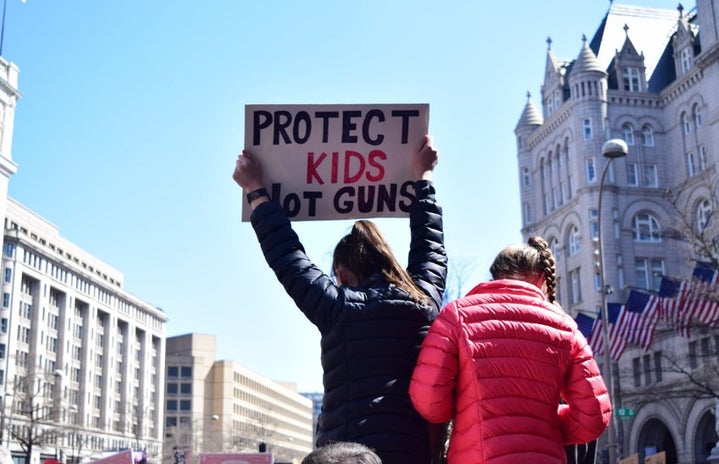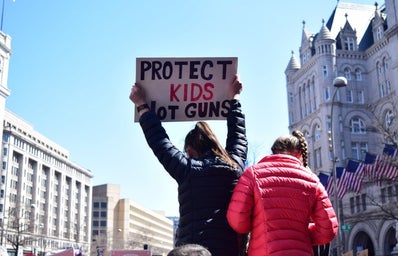As a result of the numerous recent national shootings, many of which specifically targeted the Asain-American community, the Biden-Harris Administration announced a six-step initiative as a manner to reduce the gun violence public health epidemic in the United States. Gun violence affects all Americans, yet minority individuals are often victims of these atrocious crimes as a result of the prejudice and racial stigma held by all Americans, either conscious or unconscious. Here is the six-step initiative the Biden-Harris Administration wishes to enact over the next following months:
Initial action 1: Within 30 days, The U.S. Justice Department will introduce a new precedent involving the widespread upsurge of “ghost guns”
A worsening issue involving gun control in America is on the rise: the proliferation of “ghost guns,” or illegal kits containing all the components for constructing a firearm, used by many criminals for their quick assembly. These illegal firearms lack a serial number and therefore, cannot be traced by criminal law enforcement. The Justice Department will begin to issue new regulations involving the proliferation of these “ghost guns.”
Initial action 2: Within 60 days, The U.S. Justice Department will issue a precedent subjecting the use of a “stabilizing brace” to the National Firearms Act
The alleged shooter of the Boulder tragedy last month utilized a pistol with a stabilizing arm-brace to improve accuracy and stabilization while also maintaining concealment of the firearm. This brace essentially transformed a simple pistol into a short-barreled rifle.

Initial action 3: Within 60 days, The U.S. Justice Department will propose a “red flag” legislation for states
This “red flag” legislation model will allow both family members or law enforcement to issue a court petition barring individuals-in-crisis from having access to a firearm as a manner to prevent self-inflicted or widespread injury.
Initial action 4: The Biden-Harris Administration plans to invest in and establish community violence interventions
These strategies hope to reduce gun violence in urban communities by applying alternative anti-gun violence tools other than incarceration. The American Jobs Plan has proposed a 5 billion dollar investment over the next eight-year to support the establishment of community violence intervention through job opportunities and job training. Additionally, The U.S. Department of Health and Human Services plans to construct a webinar specifically directed toward educating states on the use of Medicaid to reimburse specific community violence intervention programs. These community-based programs hope to increase investments in these urban communities while also educating state personnel on alternative forms of violence intervention.
Initial action 4: The U.S. Justice Department will now begin to issue annual reports regarding firearm trafficking
In 2000, the Bureau of Alcohol, Tobacco, and Firearms issued a report regarding the investigations involving firearm trafficking. Up until recent events, this data has been used by numerous policymakers to circumvent the many routes of firearm trafficking in America. However, the data collected in 2000 has greatly changed over the past 20 years, so by issuing annual firearm trafficking reports, policymakers can effectively address the imposing threats of trafficking in today’s social and political climate.

Initial Action 5: President Joe Biden plans to nominate David H. Chipman as Director of the Bureau of Alcohol, Tobacco, and Firearms, also known as the ATF
The bureau is responsible for the creation and regulation of American gun laws, and along with this immense responsibility, the ATF requires a confirmed director to oversee gun safety laws. Chipman was a former law enforcement officer and currently works as a senior policy advisor at Giffords, an organization run by former Rep. Gabrielle Giffords (D-Ariz.), who was wounded in a mass shooting in 2011, that advocates from stricter gun laws.




